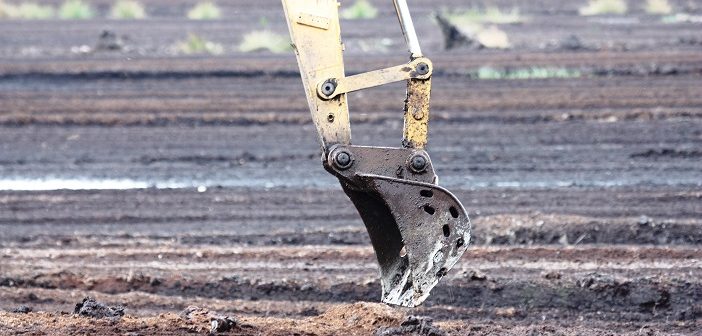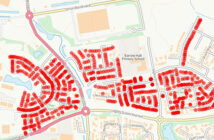NEW analysis by the Wildlife Trusts has revealed the devasting climate impact of using peat in horticulture – and nowhere more so than in the Warrington area.
The Wildlife Trusts are calling on everyone to support an immediate ban on the damaging practice.
According to Trusts, the 18 hectare Holcroft Moss, just six miles north east of Warrington, is the only known area of lowland bog in the county that hasn’t been cut for peat – and even that has been damaged by commercial peat extraction nearby.
Risley Moss is one of the last remaining fragments of the raised bog system that once covered large areas of South Lancashire and North Cheshire.
Cadishead and Little Woolden Mosses, all that remain of Chat Moss, are being restored by the Lancashire Wildlife Trust, but even after 10-year’s work, still have a long way to go before the scars of historic peat extraction are removed.
According to the Wildlife Trusts, policy failure to stop peat extraction has caused up to 31 million tonnes of CO2 to be released since 1990.
Peat extraction for horticulture in 2020 alone could release up to 880,000 tonnes of CO2 – equivalent to driving to the Moon and back 4,600 times.
The analysis estimates that as much as 31 million tonnes of CO2 could have been released into the atmosphere since 1990, as a direct result of using peat in gardening, and its use by professional growers of fruit, vegetables, and plants.
Little Woolden Moss was still being subject to peat extraction for horticulture as recently as 2017. In some areas barely 50cm of the once almost 8m of peat was left, and the site had been totally stripped of all plant and animal life. The Wildlife Trust is working hard to breathe life back into this precious peatland, healing the scars that peat extraction left.
The campaign to stop peat extraction took off in the 1990s but only now are the UK and Welsh Governments conducting a public consultation on ending the use of peat in the retail sector by 2024. The Wildlife Trusts believe we cannot wait this long.
Despite 30 years of campaigning against extraction and increased public outcry, peat continues to be sold in vast quantities for amateur and professional horticultural use, with huge consequences for nature and climate.
If peat is left undisturbed – in bogs, not bags – it can store thousands of tonnes of carbon for millennia to come. However, once peatland habitats are disturbed for extraction, stored carbon becomes carbon dioxide (CO2) and is lost to the atmosphere forever, contributing directly to climate change.
Ailis Watt, peat officer at The Wildlife Trusts, said “These losses are gigantic, irrecoverable and unjustifiable. Peat and the carbon stored within it simply cannot be replenished within human lifetimes. Each time governments dither over whether to ban peat use in horticulture, we risk losing more of this habitat that has taken millennia to develop, as well as losing its huge capacity for carbon storage.
“Extracting peat is bad for our climate and for wildlife. Peatlands provide habitat for a rich diversity of plants and animals. Migrating birds feed on peatland insects, while snakes and lizards also thrive in these special places. The UK is already one of the most nature-depleted countries in the world and extracting peat destroys complex ecosystems that are vital for nature’s recovery. It has to stop.
“Investing in peatland restoration whilst allowing extraction to continue is illogical and an inefficient use of public funds.”
The Wildlife Trusts are calling for an immediate ban on the sale and extraction of peat for horticulture, and a ban on importing peat from abroad.
They are urging the public to respond to the Government consultation before it closes on March 18.
You can join the campaign here https://action.wildlifetrusts.org/page/98699/action/1




